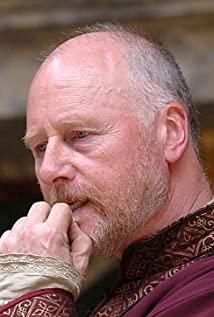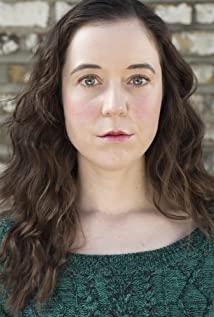Philomena stumbled across Martin's presence in Anthony's photo, and kept asking about details that didn't even make any sense. This was the mother. Some very ordinary and unintentional actions were everything to her. Philomena said she knew Anthony was gay when she first saw him in burlap, which was her mother's instinct.
When Philomena found Anthony's colleagues, and his sister, who told her that Anthony had never mentioned Ireland—his hometown, and his childhood, Philomena decided to give up. But Pete tells them the truth is that Anthony was always looking for his mother, and they missed it. At this point in the story, there are some suspicions of looking for warmth and cliché, but I don't think it's cliché.
Going around and going back to the monastery, back to the original point, the mood is completely different. The child Philomena had been looking for, and that child wanted to return to her, and he was buried in the convent.
There are many bright spots in the whole story. The intention of the monastery makes the mother and son lose the chance to meet again. Maybe the director used Sister Hildegard to criticize the social atmosphere at that time, maybe not. Philomena chooses to forgive, hides it for a lifetime, and finds it for a lifetime. The last sentence I forgive you. Martin said I was angry, and Philomena looked at him and said that must be tiring. Anger and pain are too tiring, so forgive me.
I seldom recommend a movie highly, and I seldom feel that I can't finish writing it after watching it. Philomena is a classic. It is said to be based on a true story, but the cliché and sensational themes are deeply touching. The old lady in Ireland is a mature mother who is finally forgiven in pain. Perhaps by the way, it satirizes a certain social atmosphere in the past.
View more about Philomena reviews











